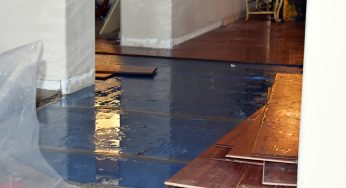Disasters, both natural and man-made, can have a profound psychological impact on individuals and communities. The effects of a disaster can be short-term or long-term, and can vary depending on a number of factors, including the type of disaster, the individual’s or community’s resilience, and the availability of support.
In the immediate aftermath of a disaster, it is common for people to experience shock, disbelief, and confusion. They may also feel angry, anxious, or depressed. These are all normal reactions to an abnormal event. It is important to remember that there is no right or wrong way to feel after a disaster.
In the days and weeks following a disaster, people may experience a range of emotions, including grief, sadness, anxiety, and fear. They may also have difficulty sleeping, eating, or concentrating. These are all normal reactions to a traumatic event.
For some people, the psychological effects of a disaster can be long-lasting. They may develop post-traumatic stress disorder (PTSD), a condition that can occur after exposure to a traumatic event. People with PTSD may relive the event through flashbacks and nightmares, and may feel constantly on edge. They may also have difficulty sleeping, eating, or concentrating.
There are a number of things that can help people to cope with the psychological effects of a disaster. These include talking to someone who will understand, such as a friend, family member, or mental health professional; participating in activities that make you feel good; and taking care of yourself, both physically and emotionally.
Restoration is an important part of the healing process after a disaster. The process of restoring one’s home or community can help people to feel a sense of control and hope. It can also provide a sense of purpose and a chance to come together with other people who have been affected by the disaster.
Source Links:
https://www.cdc.gov/disasters/psychological_first_aid.html
https://www.mentalhealth.gov/what-to-do-after/recovering-emotionally







